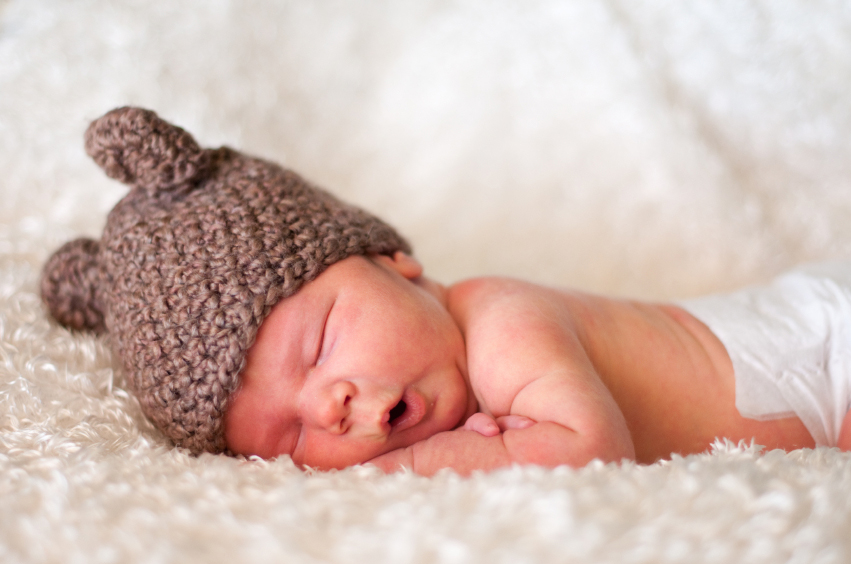MAP has made “late and now ultra-late pregnancies” possible essentially through egg donation. This form of pregnancy is on the increase in both Europe and the United States. In France, out of the 800,000 births in 2014, 98 involved mothers over the age of 50, i.e. three times more than 15 years ago, “according to official statistics”.
In France, recourse to MAP is funded by social security up to the age of 43 years. These delayed pregnancies are also “created abroad[1]and the risks are taken on board in French maternity units,” complains Joëlle Belaïsch-Allart, gynaecologist specialising in late pregnancies at the Hôpital des quatre villes in Sèvres. These late pregnancies pose numerous risks for the mothers: “hypertension, diabetes, haemorrhaging on delivery, even death”. As far as Dr. Belaïsch-Allart is concerned, “pregnancy after the age of 50 is sheer madness(…). Everything has its limits”.
For the child, the eggs are mostly donated by young women. Hence “there is no risk of any chromosomal abnormality”. However, “there is a high risk of premature births and a greatly increased risk of death in utero”. Furthermore, “no data are available on the social and psychological development of these children born to older mothers whilst some studies have already shown that children born to older fathers are more prone to disorders such as schizophrenia and autism”.
For Michaël Stora, psychologist specialising in adolescence, it is a case of “finding out whether pregnancy at 50 reflects a genuine desire (…) or a (narcissistic) need fuelled by science”, or even a desire to be a mother “to broach the subject of eternal youth”.
[1]Spain, Belgium and Greece authorise MAP up to the age of 50.
AFP (6/01/2016)

